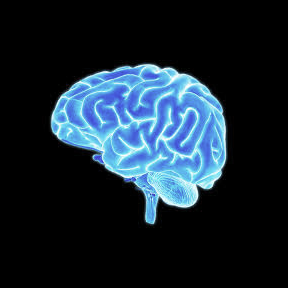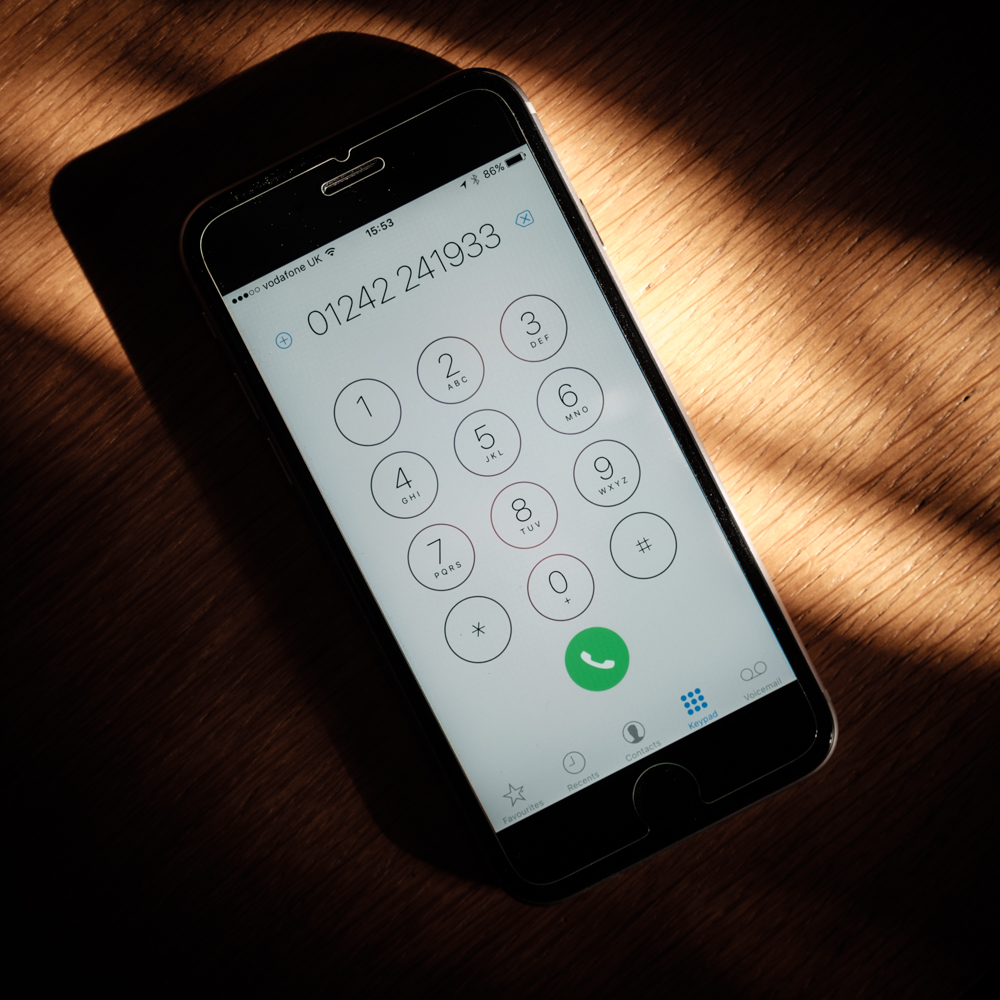Keith Baker
Integrative Counsellor, Social Worker and Trainer – MBACP DipSW TFT-DX
Improving your life is a mix of head and heart.
With Neurofeedback (advanced brain training) and somatically focused counselling, I use two of the most powerful and well-proven systems to help you move towards a more relaxed alert state.
Neurofeedback (Advanced Brain Training)
Neurofeedback – is a comprehensive brain training system, that promotes healthy brain function. It started in research settings in the 1950s and was then further developed for use by health care professionals, to help people with a wide range of difficulties that originate in the brain. It has been used to treat millions of people and has over 10,000 peer-reviewed studies.
Mental Health – is a combination of factors; intellectual, social, physical wellbeing, emotional resilience, and meaningful activity, to name but a few. However, to be able to develop these areas, we need good brain function. Studies show that neurofeedback increases the ability to absorb new information, plan, concentrate, remember, emotionally regulate, and relate to others in a more relaxed, empathetic and confident way.
Principle area of work – Neurofeedback has a long history of helping people with a diagnosis of depression and anxiety, ADD/ ADHD, OCD, brain injury, concussion, autism, dyslexia, epilepsy, and tinnitus, to name but a few. These conditions vary greatly in terms of cause, areas of the brain they affect, and therefore how they affect the individual person.
Treatment process – I will send you some information and a questionnaire. Once I have received your questionnaire, we can then book an assessment session. During this session I will discuss with you the information you have provided, assess your brain waves, alongside any professional reports (where available), to devise a treatment plan to retrain the brain, towards a more relaxed alert state. This assessment session will typically take between 1.5-2.5 hours, depending on how complex your difficulties are. Sessions after this will typically be weekly for 50 minutes to an hour but can be twice weekly.
“Has really helped me re-gain my life”
“I was struggling with drinking and feeling low, Also my family noticed, which also had an effect on them. Since having my sessions with Keith it has really helped me regain my life. Having Neurofeedback and counselling sessions along with tapping [emotional Acupressure] has taught me coping strategies, but most of the time I don’t need them, as I’m feeling much better. My family is also doing much better – I can highly recommend and have done so to other friends who are also making a recovery.”
Alex
Counselling
Somatically focused counselling
Difficult experiences that are not released are not just stored in and affect the mind, they also are stored in and affect the body. They do this in part because you have millions of neurons within your body. This storing of trauma physiologically is something that somatically focused counselling works with by helping you get in touch with how you are storing it within your body and helping you release it in a regulating way. The therapeutic methods I use in addition to my counselling skills to do this are Thought Field Therapy (TFT) and body-focused somatic counselling.
Adoptive Parents:
‘Keith was allocated to our family at a time when we were really struggling with our adopted son’s behaviour. Keith’s patience and enquiring, empathic approach has unlocked how the underlying impact of early life trauma has manifested itself in our son’s ability to cope emotionally. His persistent search and trial of holistic techniques and strategies has helped not only our son, but our whole family.’
Neurofeedback at home
Flexible – For people who cannot come to see me every week, I can offer a partially remote service. You would come for an assessment, and I would offer a remote neurofeedback training option.
The assessment process would be the same as any other client. But once I have worked out the training required, I would train you in the equipment being used, which you would then take with you, and we would have sessions over Zoom, so you wouldn’t have to remember everything.
While it is possible to do this without the support of another person, it is significantly easier if there is a second person who is attaching the Neurofeedback equipment for you. It is not complicated for them to do, but awkward for the person having the training.
More information is available on request.
Q & A
Who can benefit?
Neurofeedback has been used for millions of clients with a variety of symptoms, both physical and emotional, that are associated with the central nervous system. It can improve functioning in the following areas:
- Mood
- Anxiety/ depression (and other mood disorders)
- Cognition
- Movement and sensory integration
- Available energy
- ADHD/ ADD
- ASD
- PTSD
- Irritability and explosiveness
- Head injuries and post-concussive problems
- Migraine
- Alcohol and chemical dependence
- Fibromyalgia
- Chronic fatigue syndrome
Benefits include an improvement of the problems affecting a person, since a head injury or psychological trauma, that had been interfering with their ability to function in their work or personal life. The return of clarity, energy during the day, sleeping at night, a sense of humour, motivation to get things done, ease of getting things done, memory, ability to read and listen with little or no distraction, and the absence of depression, irritability, impatience, and explosiveness, have been observed repeatedly.
Neurofeedback does not cure problems but can lead to moderately to significantly increased functioning for somebody with symptoms associated with these problems.
What happens during the Neurofeedback session?
The actual treatment: This varies with the kind of neurofeedback. But mostly a mild gel is used to prepare the scalp site, then a conductive paste is applied to 2-5 sensors (depending on the treatment). Two of these sensors are gently clipped onto your earlobes, the other sensor(s) are moved around specified areas of the head, this is guided by the assessment process. The duration of the neurofeedback varies from a few seconds to 25 minutes, depending on the system used.
Which neurofeedback system do you use?
This varies from person to person depending on their needs and circumstances. As different kinds of neurofeedback have different strengths and weaknesses, I use 3 different kinds of neurofeedback, so I can tailor the system to your needs. The 3 systems are LENS, MindMedia’s Nexus 10 and TDCS. I would be happy to explain the difference if you would like to understand more.
How Many Sessions will I need?
The average duration of treatment across all problems is approximately 20-40 sessions. It is difficult at the outset to predict how many sessions will be required. However, some problems resolve more promptly (for example mild head injury, mild stress disorders in around 6 sessions), while others require significantly longer treatment (such as autism, severe head injury and stroke). Problems with a sudden onset, where the person was functioning well beforehand usually require less treatment. Genetic problems (where family members have similar difficulties), and lifelong multiple problems usually require over 40 treatment sessions.
Is it Safe?
It is extremely safe. Neurofeedback has been studied extensively over many decades, starting in the 1950s. The worst that is seen is brief reactions, where you may become irritable, tense and/or anxious, “wired or tired”. This may last for a few hours to a few days. When this happens, please inform me, and we can adjust the treatment plan.
WHEN IS neurofeedback NOT SUITABLE?
There are some situations when neurofeedback is not appropriate:
- When there is an underlying chronic condition such as Lyme’s disease, heavy metal poisoning, mould exposure, gut dysbiosis (“leaky gut”) – these should be treated first.
- When a person has recently started a new medication or treatment regime (e.g. acupuncture, homoeopathy, diet, anti-depressants) – it will be difficult to establish which effects are produced by the neurofeedback training. I would recommend stabilising any other treatment regime first before starting.
- When people are in medically acute situations (where urgent conventional medical assistance is required) – again, stabilise first, before starting.
- Physical illness. If you are unwell (eg heavy cold, flu), your system is already under stress, and the additional “pull” on your physiology of the training will use some of your available resources. Wait until you are recovered before receiving treatment.
Profile
I have a long history of being involved in therapeutic work, starting in the 1980s working on a project to provide play therapy to children and people with learning difficulties. Over the years I have studied and qualified in several areas; Remedial Massage, Social Work, Integrative Counselling, Education, and 2 professional qualifications in neurofeedback, as well as ongoing training.
After reading about neurofeedback in 2016 and looking at some of the research, I trained in Neurofeedback in 2017 and have integrated it into my practice ever since. To support my ongoing professional development within neurofeedback, I have monthly Zoom training with Dr. Mary Tracy PHD, a recognised leader in neurofeedback training.
Looking back, I can see that my focus has always been on being able to holistically work with the whole human being and to help them resolve problems on as deep a level as possible. Having worked a great deal with various kinds of trauma, I think it is crucial for complex cases to have somatically focused counselling alongside neurofeedback, to help the person be able to make significant improvements.
I am registered with the British Association of Counselling and Psychotherapy (BACP).
Booking and Contact details
Contact Information
I see clients at my home clinic in Stonehouse, Gloucestershire, on Monday, Tuesday, Thursday, and Friday, starting at 9.30am and finishing by 7pm.
Payment Information:
The initial consultation will cost £160. Subsequent sessions will be £80 a session.
If you have remote Neurofeedback, there is an additional £300 deposit for the loan of the equipment, which will be returned when it is handed back.
Contact information for enquiries and support:
Mobile: 07483 821864
Email: keith@keithbaker.co.uk






